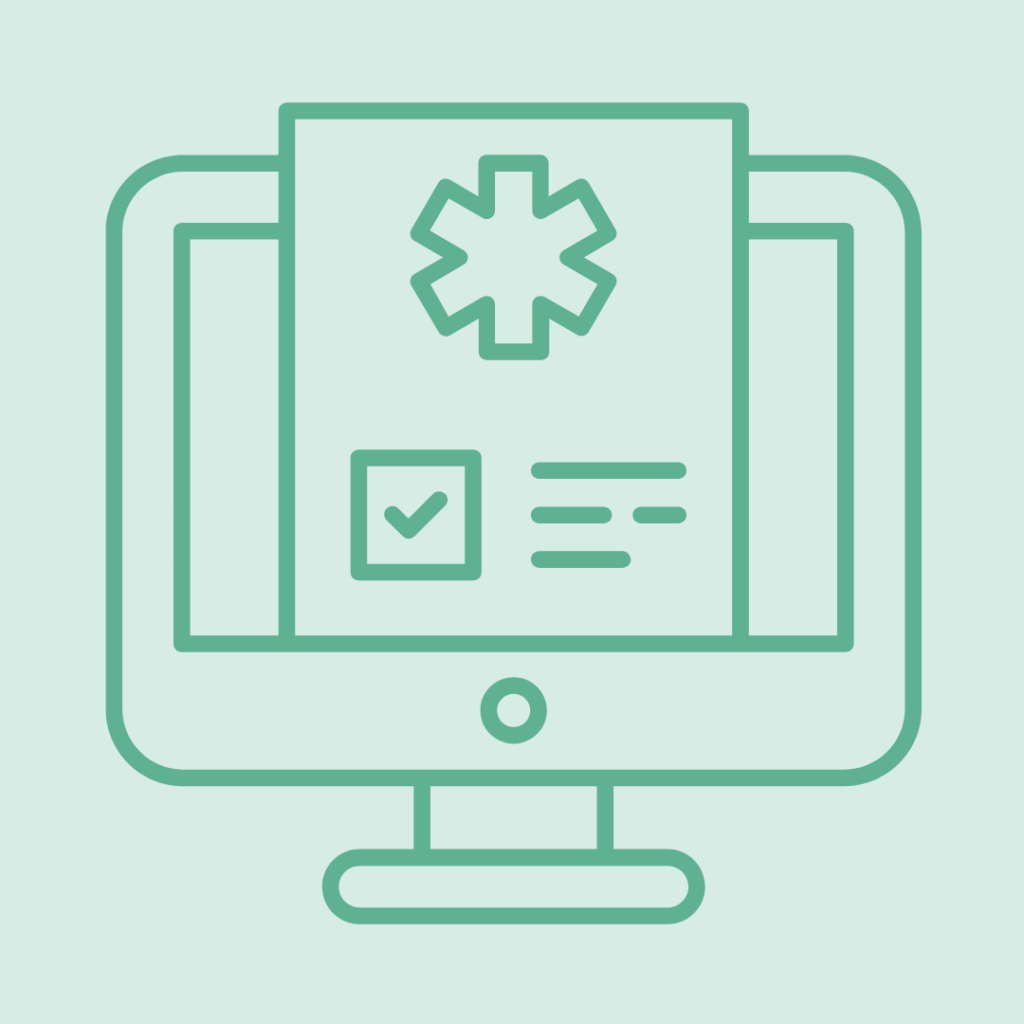Nausea or Morning Sickness treatment
6am - midnight, 7 days a week
Accessible from anywhere in Australia.
eScript in minutes
Medication delivery

What is nausea and morning sickness?
Nausea is the feeling that you might vomit and is not a condition in itself but a symptom of an underlying issue. Fortunately, there are ways to alleviate this discomfort. Morning sickness is a type of nausea or vomiting experienced by pregnant women, usually during the first trimester. Despite its name, morning sickness can occur at any time of day or night. While it affects most pregnant women, it generally diminishes by the second trimester.
Nausea or Morning Sickness Treatment Options

Online Prescriptions
- For when your script has run out
- Script sent to your phone
- Doctor approved

Telehealth Consultations
- When you need to speak to a doctor
- Online, Video & Phone Call or Message
- Fast access to medical advice
Medical Certificates
- For when your script has run out
- Script sent to your phone
- Doctor approved

Nausea or Morning Sickness Symptoms
Nausea and morning sickness are common conditions, especially during pregnancy, typically characterized by a queasy sensation in the stomach that may or may not lead to vomiting. Symptoms often occur in the morning but can happen at any time of day. These may include a heightened sensitivity to smells, loss of appetite, dizziness, and fatigue. While generally temporary, symptoms can vary in severity, ranging from mild discomfort to more intense episodes that affect daily activities.
Dangers of Nausea or Morning Sickness
In most cases, nausea or morning sickness is not harmful and resolves over time. However, severe and prolonged symptoms, such as in hyperemesis gravidarum, can lead to dehydration, weight loss, and nutritional deficiencies, posing risks to both the individual and, in pregnancy, the developing baby. Persistent symptoms can also contribute to stress and fatigue. Early management with dietary adjustments, hydration, and medical interventions when necessary is key to reducing discomfort and preventing complications.

Need a Specialist Referral?Get Yours in a Few Simple Steps!
Skip the long clinic waits and get referred to a specialist in minutes. The process is fast, secure, and simple.
- Quick access to specialist referrals – no in-person appointments needed
- Telehealth consultations with trusted, licensed doctors
- Fast, reliable service – referrals sent directly to your chosen specialist
- Convenient and affordable healthcare from your home
- No hidden costs – just simple, upfront pricing
Frequently
Asked Questions
Morning sickness usually begins around the 6th week of pregnancy and tends to peak between weeks 9 and 12. For most people, symptoms gradually improve by the second trimester, often subsiding by the 16th to 20th week. However, some may experience nausea and vomiting throughout their entire pregnancy.
Symptoms include nausea, occasional or frequent vomiting, and aversion to certain smells or foods. For some, these symptoms are mild, while for others, they can be severe and disruptive to daily life.
Mild to moderate morning sickness is generally not harmful to the baby. However, severe cases, known as hyperemesis gravidarum, can lead to dehydration, malnutrition, and weight loss, which may require medical intervention to protect both the mother and baby.
Hyperemesis gravidarum is a severe form of morning sickness that involves persistent and excessive nausea and vomiting. It can result in significant weight loss, dehydration, and electrolyte imbalances. This condition requires medical attention and may involve treatments such as IV fluids, medications, or nutritional support.
Managing morning sickness often involves dietary and lifestyle changes, such as eating small, frequent meals, avoiding strong odors, and drinking fluids to stay hydrated. Ginger, vitamin B6 supplements, and acupressure wristbands may also provide relief. In more severe cases, a healthcare provider may recommend anti-nausea medications that are safe during pregnancy.
Yes, there are safe and effective medications for managing morning sickness, such as doxylamine and vitamin B6 combinations. In severe cases, prescription anti-nausea medications may be recommended. Always consult a healthcare provider before taking any medication during pregnancy.
While it cannot always be prevented, certain strategies may reduce the likelihood of severe symptoms. These include eating a balanced diet before and during pregnancy, managing stress, and avoiding known triggers such as strong smells or specific foods.

